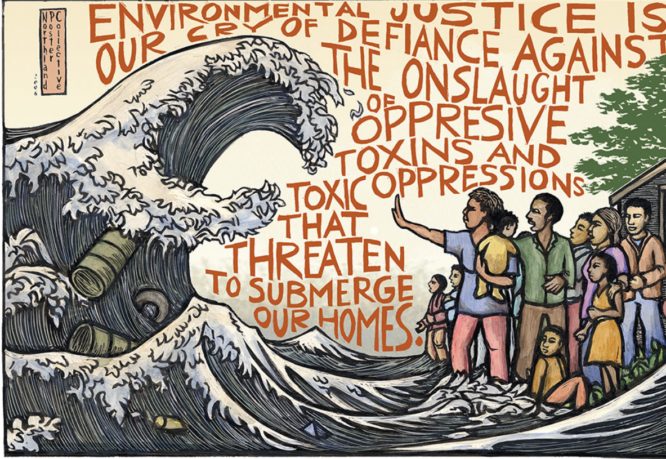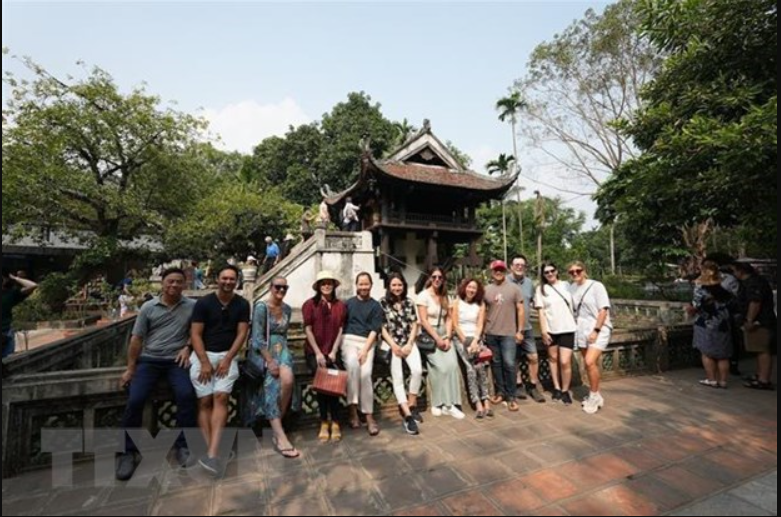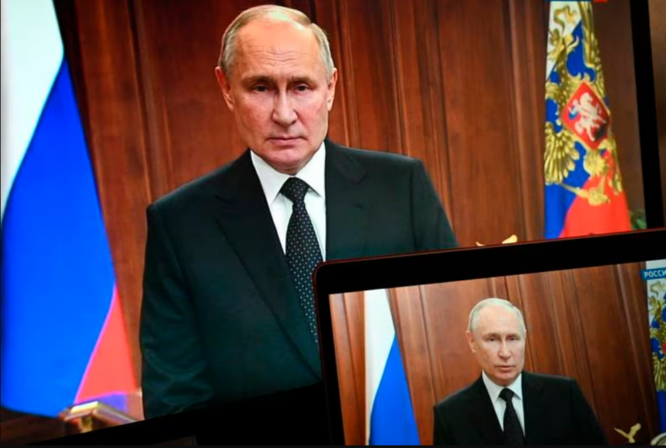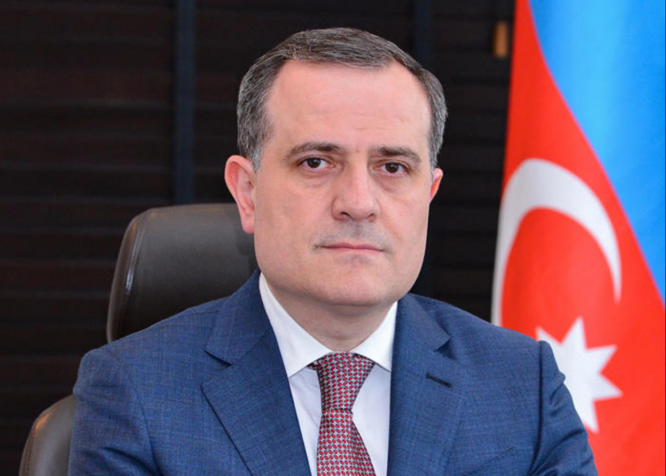1991 World Bank head economist Lawrence Summers authorized an internal memorandum. “The economic logic behind dumping a load of toxic waste in the lowest wage country is impeccable,” the letter added. “We should face up to that.”
It dubbed sparsely populated African regions “underpolluted” and questioned the challenges of pushing environmental expenses to Africa. The letter suggested such payments would boost global wellness.
Naturally, “underpolluted” Africa would suffer. Toxic and hazardous wastes would damage these habitats and numerous animals.
]Accepting polluting industries will discourage healthier economic development and society formation, outweighing whatever short-term economic advantage that governmental and corporate interests could obtain. Steve Lerner said the Summers memo suggested turning certain African locations into “sacrifice zones.”
Thus, the Summers memo horribly shows that ecology, environment, politics, economy, and society are interconnected. Socio-environmental elements always interact. Pope Francis’ 2015 encyclical “Laudato Si’, on Care for Our Common Home” is founded on interconnection.
“Today,” the pope adds, “we have to realize that a true ecological approach always becomes a social approach; it must integrate questions of justice in debates on the environment, so as to hear both the cry of the earth and the cry of the poor.” Francis underlines that neighbor and planet love are intertwined.
The pope’s view that love of neighbor and planet go together is biblical. God produces the first human from garden dirt in Genesis 2. Later, God creates beings. God gives them life. God tells mankind “to cultivate and care” for the garden’s life (Genesis 2:15).
Love and care for neighbor and earth are rooted in the same soil and should be cared for.
Naturally, Earth and underprivileged cry are linked. The Summers memo reflects history’s injustice. “Throughout human history,” writes Boston College sociologist Andrew Jorgenson, “more powerful societies and nation-states have utilized their geopolitical-economic power to create and maintain ecologically unequal exchanges with less powerful and less developed societies and countries.”
Jorgenson finds that the Global North uses the Global South as a “tap” and “sink” nowadays. Global North governments and corporations exploit and store life-giving resources in the South. These same political and corporate organizations pollute and degrade the “sink” of the Global South. The Summers memo promoted and optimized a constant.
Jorgenson’s explanation supports Francis’ Laudato Si’ argument that “A true ‘ecological debt’ exists… connected to commercial imbalances with effects on the environment, and the disproportionate use of natural resources by certain countries over long periods of time.” This debt has grown over ages as Western powers have tried to transform conquered areas’ soil and everything it produces into land and labor.
Global, regional, and local political-ecological exploitation and debt. I saw environmental racism among my East St. Louis, Illinois high school students in the early 2000s. Most Black kids I taught had chronic illnesses while Monsanto and Pfizer poisoned their homes and neighborhoods.





